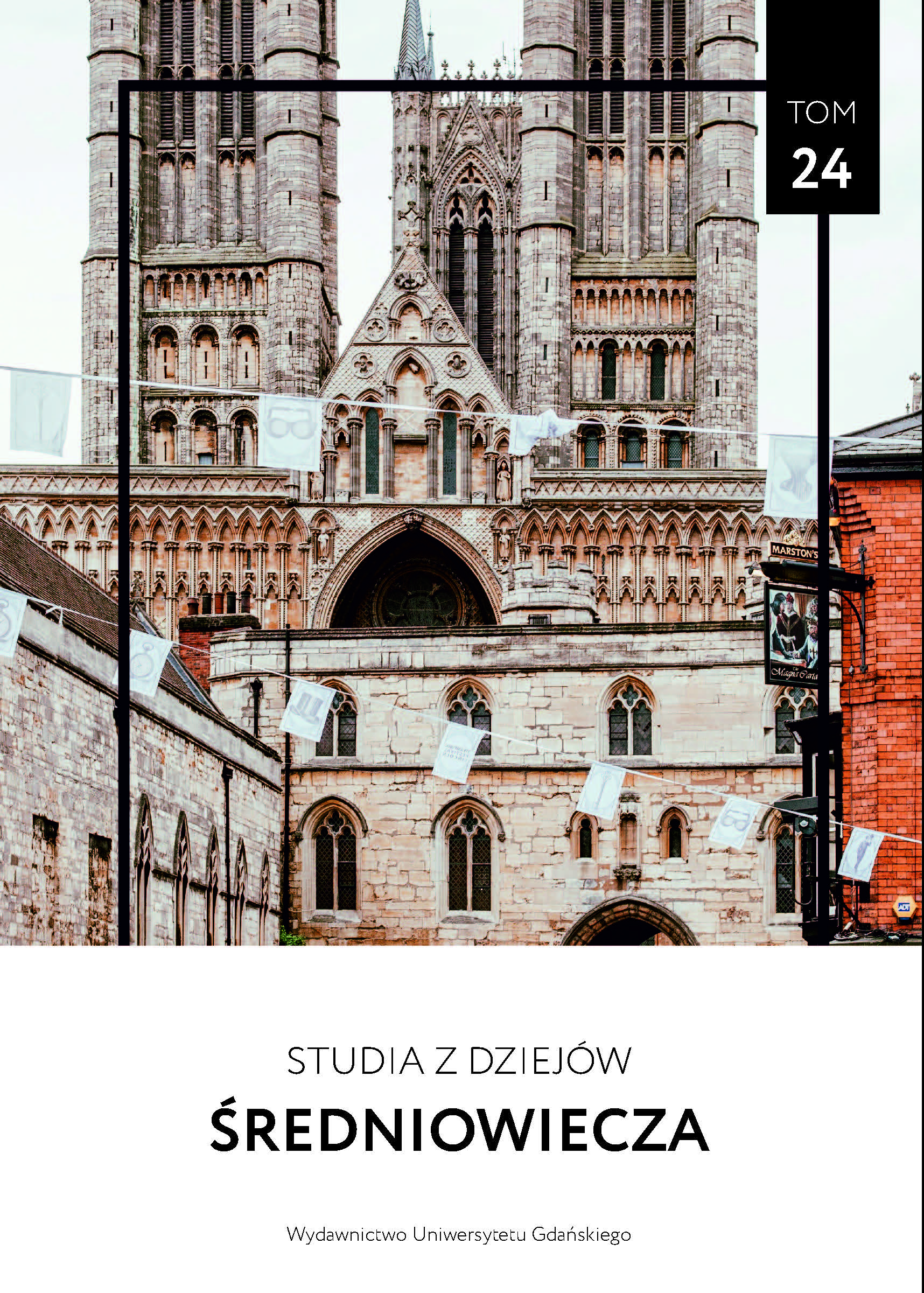The Church of Late Antiquity and the Early Middle Ages in Relation to the Issue of Unwanted Children: the Desicions of Western Assemblies of Bishops
DOI:
https://doi.org/10.26881/sds.2020.24.12Keywords:
The Church in late antiquity and the early Middle Ages, unwanted children, bishops’ assembliesAbstract
The author analyses canon laws about abortion and unwanted children, which were issued by western Roman assemblies of bishops in late antiquity and the early Middle Ages (between the fourth and sixth centuries). Such problems were not mentioned often, but the Church instituted severe penalties for abortion and abandoning unwanted children. Bishops did not discuss reasons for abortion and abandoning children. They only penalized the results, but we can comment on the causes of such behaviours, analysing the contents of canon laws and using other sources from the epoch, like the writings of the Church Fathers and the Codes of Theodosius and Justinian. We can say that problems like abortion or abandoning unwanted children existed in various places and they were a subject of the local bishops’ concern. The church hierarchy did not devote much attention to the issue of unwanted children, considering that imperial and synodal regulations were adequate to deal with those problems. The issues analyzed here constitute a small contribution to our knowledge of the everyday life of the societies of the western part of the Roman Empire in late antiquity and in the early Middle Ages.

 Academic Scientific Journals
Academic Scientific Journals





